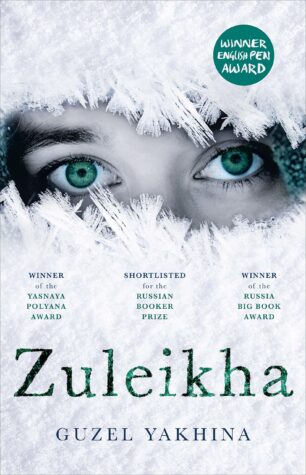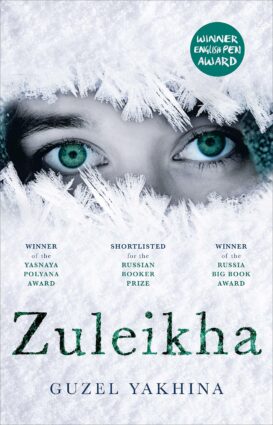
Zuleikha takes readers on a journey through a lesser-known chapter of history. The story is set during Vladimir Lenin’s dekulakization campaign in 1930, a time when millions of kulaks found themselves in the crosshairs of political repression.
The tale opens in a Tatar village near Kazan. Zuleikha, a strong peasant woman, sees her husband murdered by communists. Her life takes a harrowing turn as she’s forced into exile, enduring a grueling train journey to a remote Siberian outpost. The camp’s conditions are brutal, claiming the lives of many during the unforgiving winter.
As Zuleikha gradually adapts to her new reality, she forms a motley crew of companions, including her husband’s killer, Ignatov, who come together to build a new life. The transformation of Zuleikha from a frightened young woman into a persevering survivor is a testament to the human spirit.
Author Guzel Yakhina draws inspiration from her grandmother’s experiences, who was exiled as a young girl and endured sixteen years of separation from her home. The novel, published in English in 2019, garnered well-deserved recognition, winning the Yasnaya Polyana Literary Award and the Big Book Award in 2015. Zuleikha has been translated into twenty-one languages, resonating with readers worldwide.
The book sheds light on a dark period in history, during which 282,000 peasant households vanished, 100,000 kulaks were executed, and almost 10 million peasants were exiled to the Arctic. Three million perished from disease, starvation, or exposure. The epic story told in Zuleikha is not just shocking; it’s a sobering reminder of the human cost of political agendas.
The writing in this book is good, but the repetition of some words might make you wonder if it’s the author’s style or the translation. Regardless, it’s a worthwhile read, offering insights into the ongoing polarization in the region. And while there may be moments that feel dull, hang in there—the story’s power to captivate and educate is worth every page. Zuleikha deserves a solid 4.5 stars for its historical depth and ability to make you ponder the tragedies of the past and their echoes in the present.
